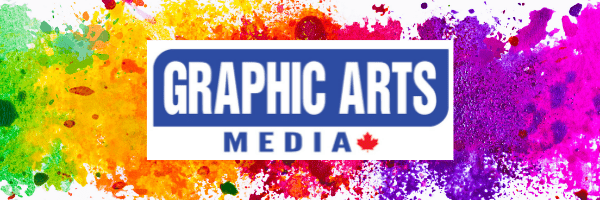Recently my firm reached out to multiple senior government officials and asked them to provide us with their observations on how best to obtain government funding. Here’s what they told us. Before applying for government funds, it’s important to understand the specific purpose of the program that you think you’re eligible to apply for. On the fund’s website, start with the original “Ministerial Announcement” which describes the program and why it was created. Next, look at the various press releases. Also review the Q & A section. Do these companies have anything in common with yours? Good. Let’s move on to the next tip.
Government funding is not for companies experiencing financial difficulties. With rare and occasional broad industry funding (think of the auto sector loans a few years back in Ontario), government funding often requires a 50-50 cost sharing component – which for companies already experiencing financial difficulties is often a non-starter. (The exception sometimes being young entrepreneurs, or other targeted socio/economic groups).
One of the best tips that I was reminded of, began with “communicate with us [the government] as you prepare your application.” Every funding program has assigned personnel. To these personnel, you’re the customer. Their jobs depend on the success of the program – and that means you! Furthermore, if you’re looking for funding that you know is an important priority of the government in power, and you live in a riding where the MP is a member of that party, call him or her. If the MP likes the project, you now have a powerful ally on your side.
When you’re ready to apply, make sure you write clearly and define your value proposition. Avoid buzzwords or acronyms that you don’t first define. Be realistic and honest about why your product, service, technology or project, deserves public funding. Most government grant evaluators are generalists. So not only do you need to tell them what you’re using the funds for, but what the successful conclusion will produce, why you will be good at developing it, and why society needs it. One item that all governments look favourably on is if you intend to hire more people or provide more training for people.
As you prepare your application for funding, you need to think about how to execute the project when the funds are awarded. Almost all government grants come with a timeline within which you need to spend those funds. If you can’t run the project with your existing staffing levels, or you need to add people, sooner is better than later. Likewise, if you need to purchase or lease equipment short-term to perform the project, start talking to vendors right away. You don’t want to waste months trying to gear up for a 12-month project when you have a 12-month deadline to complete it.
One of the biggest mistakes that companies make is not being realistic about the funding requirements for a project. So, always be realistic with your proposed costs – don’t “dream up” figures or try to “shoot high.” Include only what you’re realistically going to spend. As I always explain to my clients, your relationship with the government lasts much longer than this single project. If you ask for 20% more funds than you eventually use, then government reps will make two assumptions: First, you’ve deprived them of providing that 20% to another worthy applicant; and second, they may think “this company doesn’t know how to budget” – and may even reduce funding for your next application.
Before you apply for government funding, ask these questions:
- Is the business more than two years old?
- Is the business profitable?
- Is the ownership 29 years old or younger?
- Is your client part of a socio/economic minority?
- Is your client located in a rural area or economically challenged area?
- Is the client manufacturing in Canada?
If you answered yes to any one of these, there’s probably a grant available for you. One last point, the majority of funding programs ask for a 5-year plan. If you don’t have a professional-looking business plan, now is the time to put it together. The banks, plus many governmental agencies, provide templates on their websites that should give you a jump start. Happy hunting!





